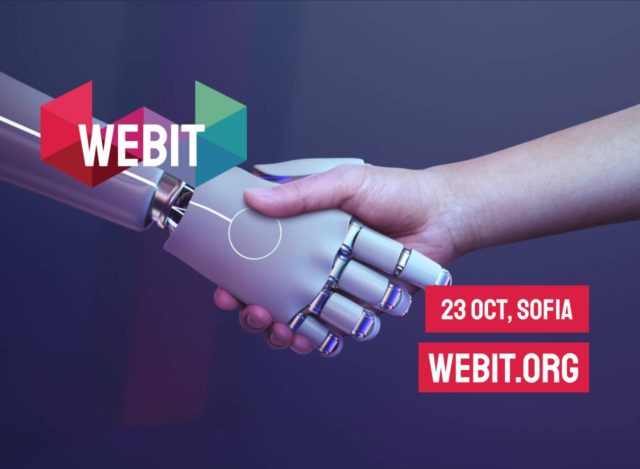The future of technology is constantly evolving, and as innovation accelerates, the next decade promises radical shifts in various industries. From artificial intelligence and quantum computing to biotechnology and sustainable energy, we are on the cusp of transformative developments that could reshape society, the economy, and human experience. Here’s a visionary look at the top 10 tech trends that will define the future:
1. Artificial Intelligence and Machine Learning (AI/ML)
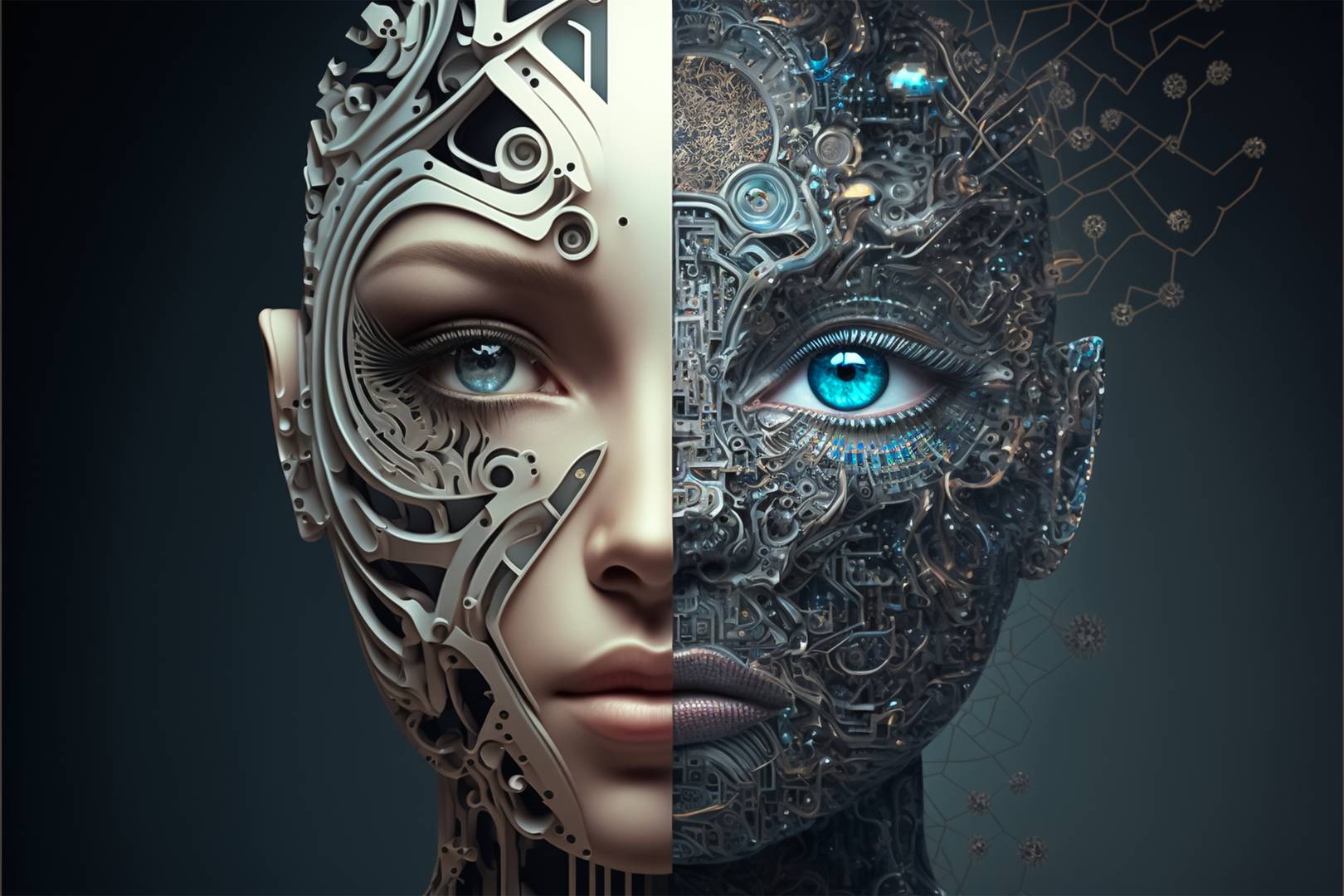
AI and ML continue to dominate the tech landscape. No longer confined to data analysis or simple automation, AI is being integrated into nearly every aspect of our lives—from personalized healthcare and self-driving vehicles to creative industries like music composition and movie production. As AI models become more advanced, we can expect deeper human-AI collaboration, with AI taking on more cognitive tasks like problem-solving, decision-making, and even emotional intelligence.
In the coming years, AI will advance into “Artificial General Intelligence” (AGI), where machines can perform tasks across a wide range of disciplines without explicit programming. This could lead to breakthroughs in medicine, climate science, and education, revolutionizing industries worldwide.
2. Quantum Computing
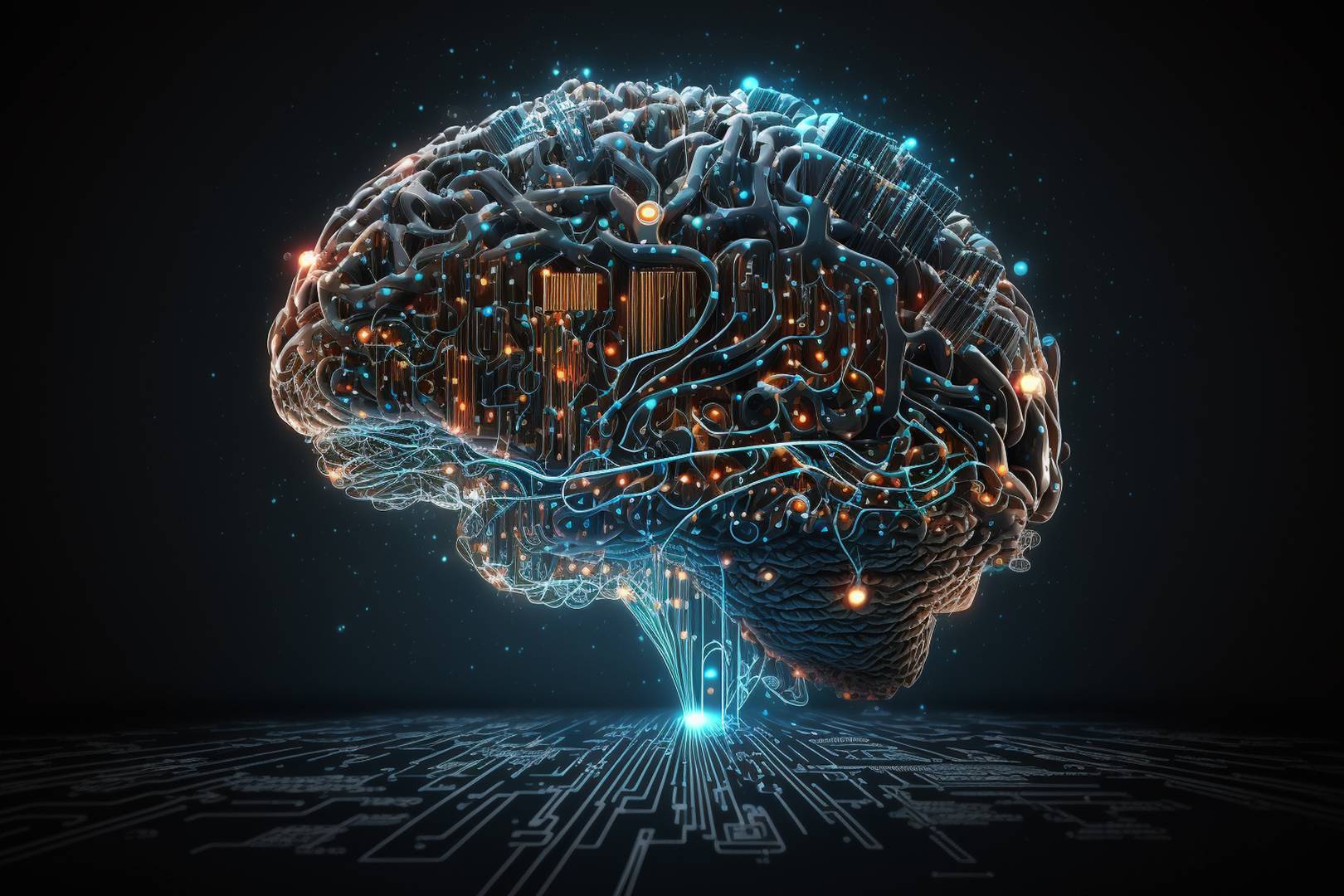
Quantum computing is poised to revolutionize computational power by harnessing the principles of quantum mechanics. Unlike classical computers, which use bits (0s and 1s), quantum computers use qubits that can exist in multiple states simultaneously. This enables them to solve complex problems, such as simulating molecular structures for drug discovery or optimizing supply chains, exponentially faster.
Quantum computing is still in its early stages, but breakthroughs by companies like Google, IBM, and Rigetti suggest we are closer to realizing practical applications. Over the next decade, quantum computing could transform fields like cryptography, material science, and artificial intelligence, ushering in a new era of innovation.
3. 5G and Beyond

5G technology is already beginning to roll out worldwide, promising ultra-fast internet speeds, low latency, and higher capacity for connected devices. This fifth generation of mobile networks will enable innovations like smart cities, autonomous vehicles, and advanced IoT ecosystems. But the real game-changer is what comes next: 6G. Expected to emerge in the 2030s, 6G will offer even faster speeds and near-instantaneous communication, supporting advanced technologies like holographic communication, brain-computer interfaces, and real-time virtual reality.
The global push for 5G is also driving the development of edge computing, allowing data processing to occur closer to the user. This will improve efficiency and reduce the need for cloud-based storage, resulting in faster and more responsive applications.
4. Internet of Things (IoT)

IoT is becoming an integral part of modern life, with billions of devices—from refrigerators to industrial machines—already connected to the internet. The next wave of IoT will focus on intelligent connectivity, where smart devices are not just connected but also capable of learning and evolving autonomously.
This will impact industries like healthcare, where wearable devices and smart implants could monitor health metrics in real-time, and manufacturing, where smart factories could optimize production with minimal human intervention. Enhanced IoT security will be key to its growth, with edge computing and blockchain playing a major role in securing data transmission.
5. Biotechnology and Bioengineering

The convergence of biology and technology is accelerating rapidly. Breakthroughs in gene editing, synthetic biology, and bioengineering are transforming fields like medicine, agriculture, and environmental science. CRISPR technology is already enabling scientists to edit genes with precision, potentially curing genetic diseases, creating climate-resistant crops, and even reviving extinct species.
In the near future, personalized medicine based on an individual’s genome could become the norm, while bioengineered tissues and organs could eliminate the need for donor transplants. Synthetic biology could also pave the way for sustainable biofuels and biodegradable materials, contributing to a greener future.
6. Sustainable and Renewable Energy Technologies
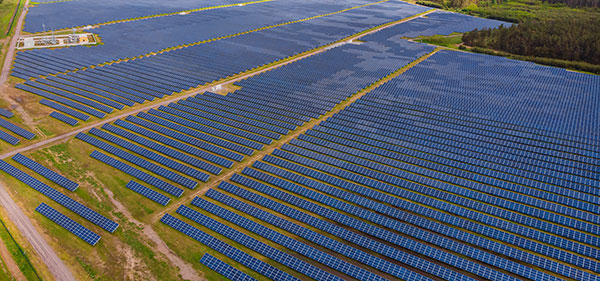
As the world confronts the climate crisis, sustainable energy is no longer optional but essential. The rapid advancement in solar, wind, and battery technologies is transforming the global energy landscape. Solar panels are becoming more efficient and affordable, and energy storage systems like Tesla’s Powerwall are making renewable energy more practical for everyday use.
Emerging technologies like nuclear fusion—once considered science fiction—are making significant strides, potentially providing a nearly limitless, clean energy source. Breakthroughs in hydrogen fuel cells and energy-efficient grids will also contribute to a decentralized, green energy future.
7. Extended Reality (XR) – AR, VR, and MR

Extended Reality (XR), which encompasses Augmented Reality (AR), Virtual Reality (VR), and Mixed Reality (MR), is on the verge of a mainstream breakthrough. AR enhances the physical world with digital overlays, while VR immerses users in entirely virtual environments. MR, a hybrid of the two, allows interaction between digital and real-world elements.
As XR technologies improve, we’ll see transformative applications in gaming, education, healthcare, and entertainment. For example, surgeons may use AR to guide them during operations, while students can experience historical events in VR. The merging of digital and physical worlds through XR will also redefine how we interact with information, art, and each other.
8. Blockchain and Decentralization

Blockchain technology is best known for powering cryptocurrencies like Bitcoin, but its decentralized and secure nature has far-reaching applications. In the future, blockchain could transform industries by providing transparent and tamper-proof systems for everything from voting to supply chain management.
Decentralized finance (DeFi) is already disrupting traditional banking, offering services like loans, savings accounts, and insurance without intermediaries. Additionally, NFTs (non-fungible tokens) are redefining the concept of ownership in digital spaces, and the “Web3” movement aims to create a decentralized, user-controlled internet.
9. Autonomous Systems and Robotics
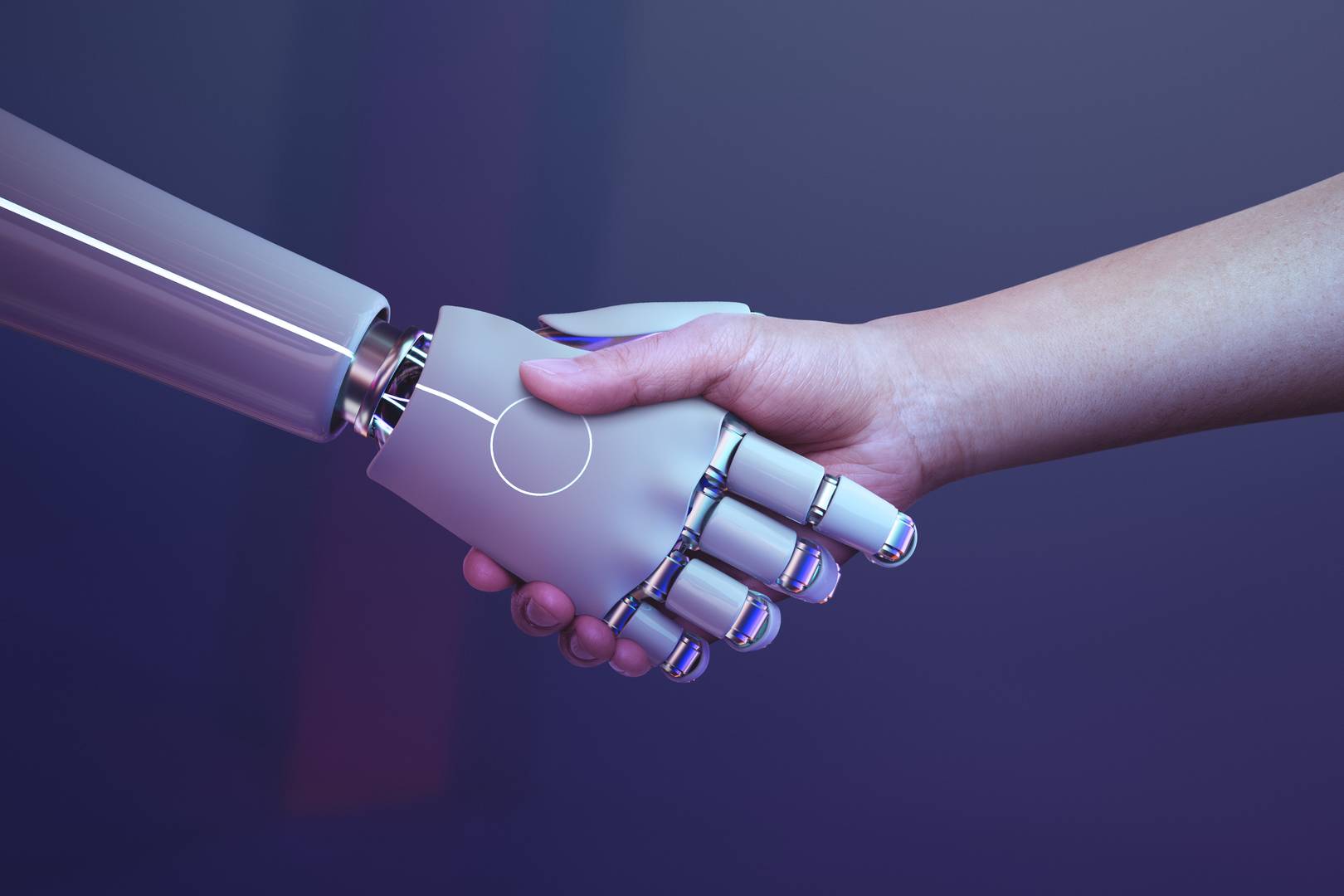
Autonomous systems, powered by AI and robotics, are advancing at an unprecedented rate. Self-driving cars, drones, and robotic assistants are becoming increasingly common, with industries like transportation, agriculture, and manufacturing at the forefront of adopting these technologies.
Over the next decade, we’ll see more sophisticated autonomous systems capable of handling complex tasks with minimal human intervention. Autonomous delivery drones, for example, could revolutionize logistics, while AI-driven robots may take on dangerous jobs like disaster response and deep-sea exploration.
10. Human Augmentation and Brain-Computer Interfaces
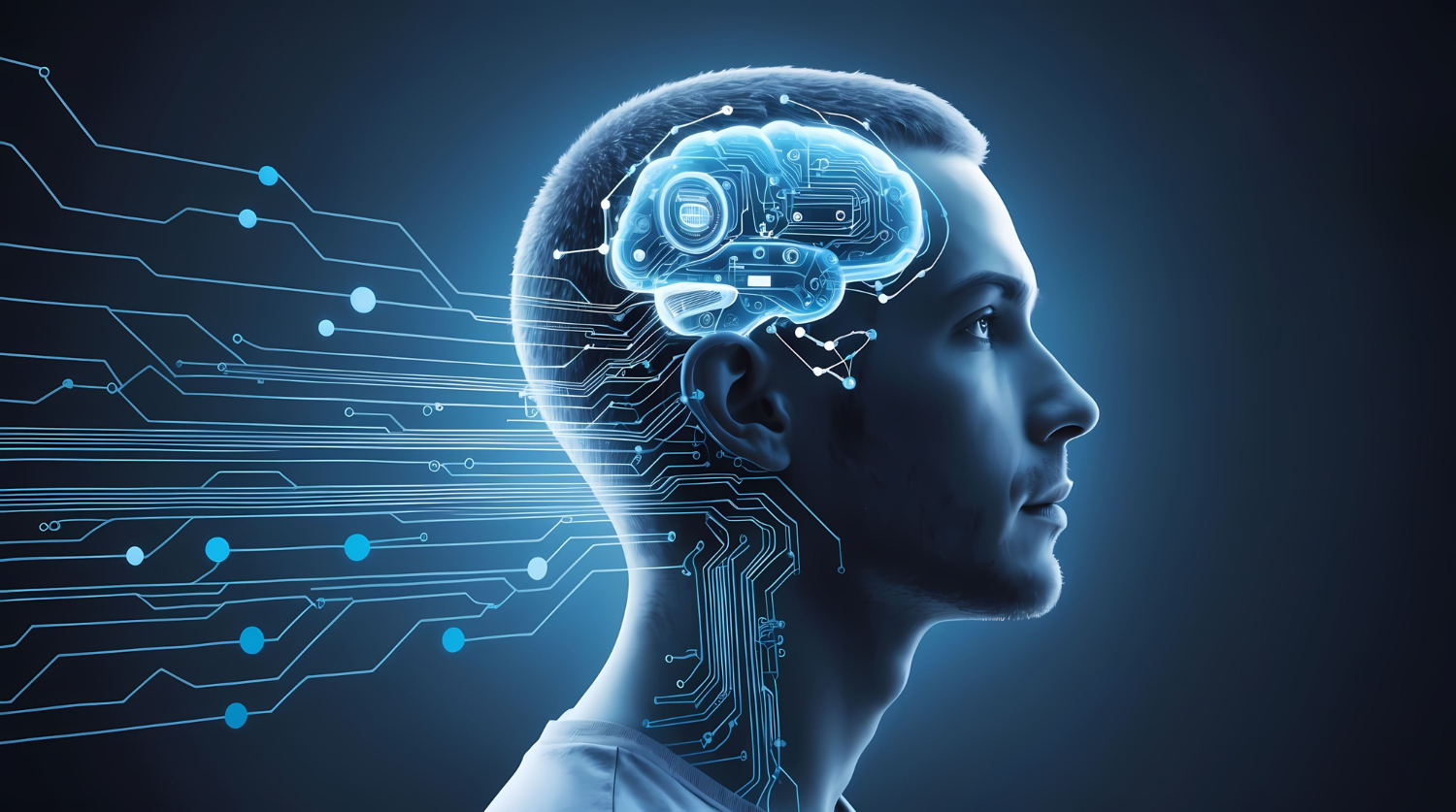
Human augmentation technologies, such as exoskeletons and neural implants, are enhancing human capabilities in profound ways. Brain-computer interfaces (BCIs), like Elon Musk’s Neuralink, aim to create direct communication between the brain and external devices, enabling people to control machines with their thoughts. This could have revolutionary implications for people with disabilities, enabling them to regain mobility or communicate more effectively.
As these technologies advance, we may see enhancements that augment memory, cognition, or physical abilities, blurring the line between human and machine. Ethical considerations surrounding privacy, autonomy, and the potential for inequality will need to be addressed as this field grows.
The Road Ahead
The future of technology holds exciting possibilities that will touch every aspect of our lives. These top 10 tech trends represent not just incremental improvements but transformative leaps forward in how we interact with the world and with each other. The challenge ahead lies in ensuring that these innovations benefit society as a whole, addressing ethical considerations and ensuring equitable access to the technological advancements that will shape our future.
Join the discussion and learn from global leaders in the industry on the 23rd of October in Sofia. https://www.webit.org/festival-europe/index.php
#WebitFestival2024 is an exciting opportunity for industry leaders and experts to come together to discuss the latest trends and developments in the field of the innovations in the future.
 Check our ticket options here:
Check our ticket options here:
https://www.webit.org/festival-europe/tickets.php
